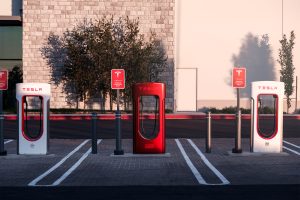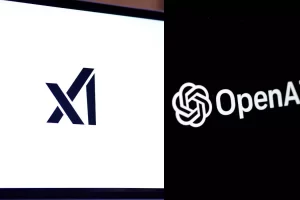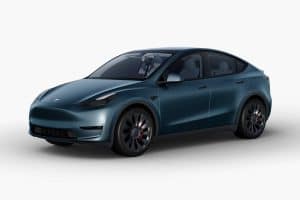Key Points
- 🚘 Tesla’s entry into India won’t include duty waivers for reduced import rates.
- 💼 Talks between Tesla and the Indian government have been reignited, but duty waivers are not under consideration.
- 🏭 Tesla has been pushing for reduced import duties while Indian officials wanted the company to commit to building a production plant.
- 🤝 Stalled negotiations between Tesla and India may indicate another setback in reaching an agreement.
- 🌍 Tesla is interested in entering the Indian market, but only if the terms are favorable.
- 📉 India has a focus on domestic production and Tesla’s entry may face competition from affordable local alternatives.
- ❓ If an agreement cannot be reached, it is unlikely that Tesla’s plans in India will materialize.
Tesla’s entry into India won’t include duty waivers that would allow vehicles to be imported into the market for a reduced rate, government official Sanjay Malhotra, the country’s Revenue Secretary, said.
Earlier today, reports that Tesla was considering an annual production rate of 500,000 vehicles at its potential Indian Gigafactory circulated, bringing more structure to the potential that the automaker will bring a presence to India.
For years, Tesla and the Indian Government have sparred to come to terms that would see the electric automaker build a factory in the country.
Tesla has fought for severely reduced import duties, while Indian officials were sure to make that happen as long as the company committed to building a production plant. It was a game of chicken that neither entity was willing to budge on, and it eventually led to stalled negotiations.
However, the Indian government and Tesla have reignited talks lately, and CEO Elon Musk has even said that the region would be ideal for the automaker’s next factory, which could be announced by year’s end.
India will not be catering to Tesla’s wishes of a reduced import duty for its vehicles, according to Malhotra, who told Reuters that the electric car company based out of Austin, Texas, will not receive a reduction to import cars from other markets.
“Any duty waiver for Tesla is not under active consideration of the Department of Revenue, as of now,” Malhotra said.
There are multiple ways to look at this: One is that Tesla is willing to relinquish its fight for reduced duties to build cars in India, India is still unwilling to move forward with the deal if it means Tesla gets reduced duties, and we’re looking at another stall in negotiations, or Tesla is being kept in the dark about the negotiations and might have been misled.
Tesla won’t launch production in a company with literally no market research, and while the company has established itself as the leader in EVs, that could be a different story in a market like India, where cheap, affordable competitors are widely available.
India has always focused on domestic production with its Make in India campaign, and Tesla obviously wants to be in the country, but only if the terms are right.
The saga of Tesla-India has been long and drawn out, and if an agreement can’t be reached right now, it doesn’t seem like anything will ever come to fruition.




